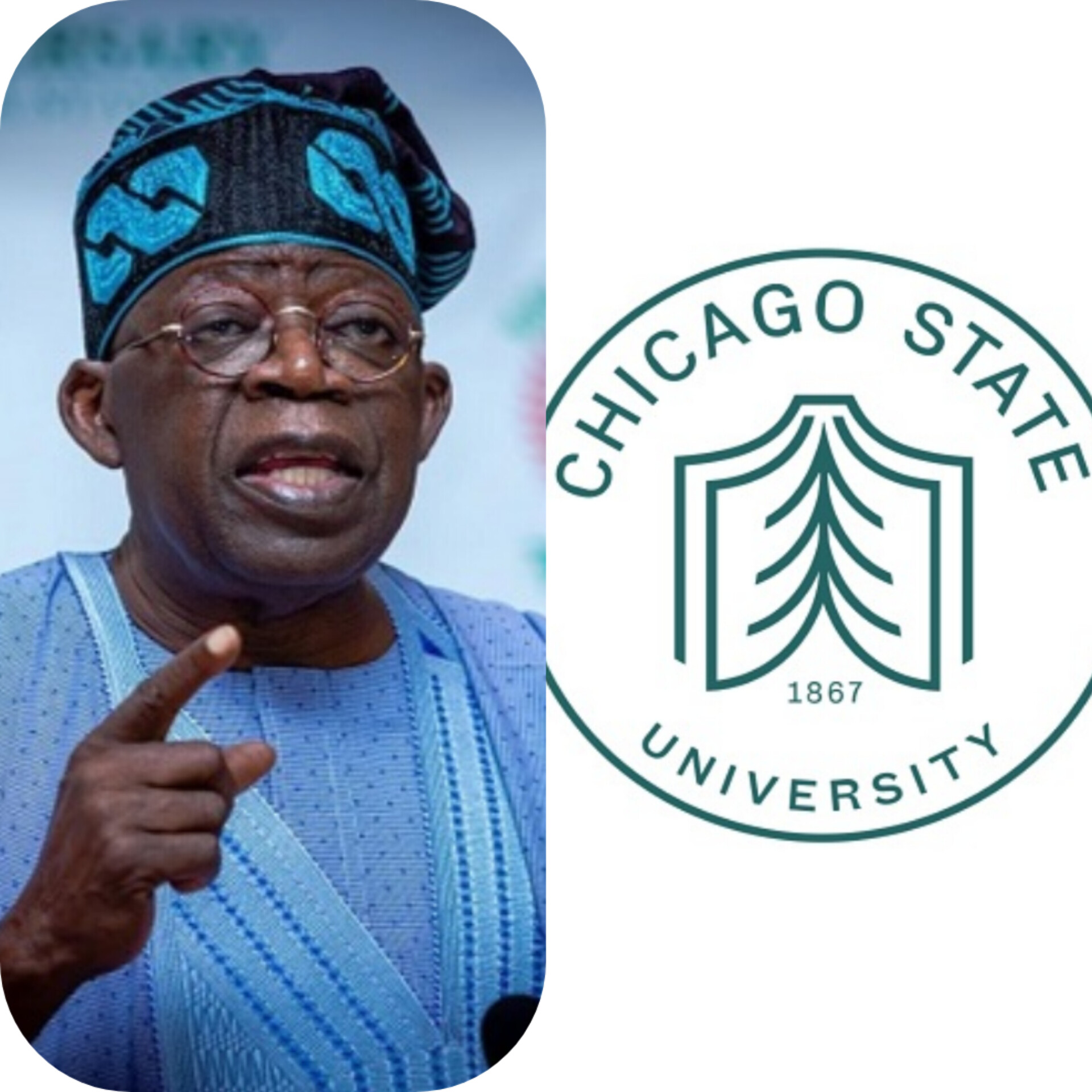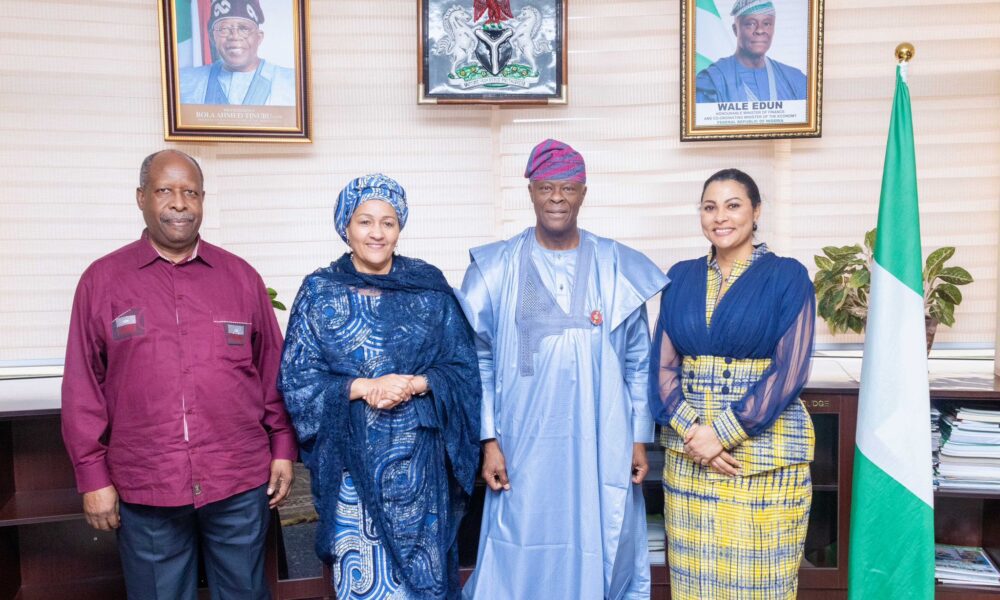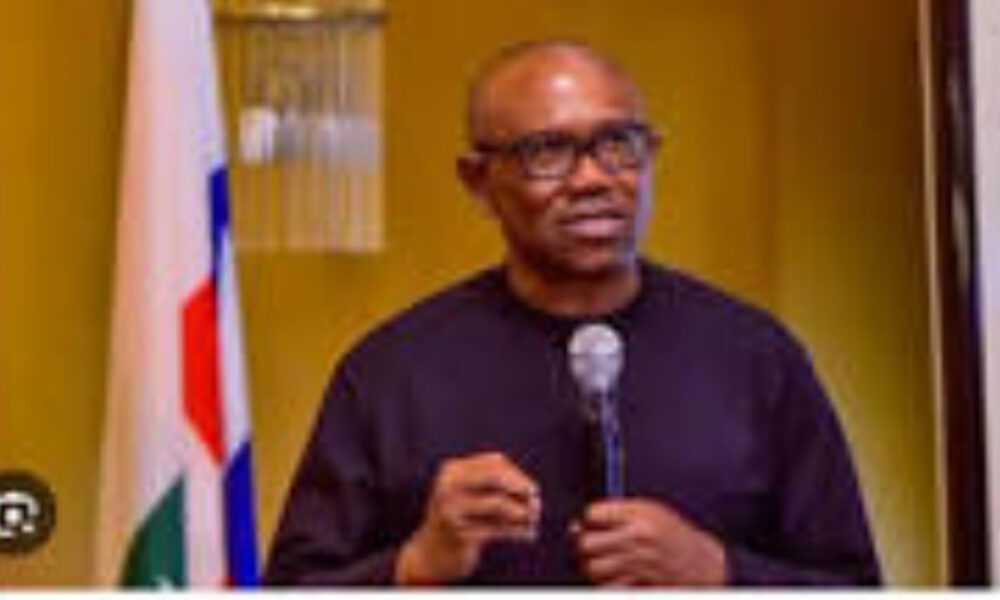By Daily Trust
The British Broadcasting Corporation (BBC) has said there was no proof yet that President Bola Tinubu forged his academic record at the Chicago State University (CSU).
This was made known in a report by the BBC’s Global Disinformation Team published on Wednesday.

Recall that the majority of Nigerians have been reacting as to whether Tinubu forged his certificate following the recent release and deposition of his certificate by CSU to former Vice President Atiku Abubakar.
A United States court had asked CSU to release the president’s certificate to Atiku, who contested for Nigeria’s most coveted political seat under the Peoples Democratic Party in the 2023 presidential election.
While Tinubu, through his aides, has reiterated that his certificate from the CSU was not falsified, BBC disclosed that there has not been any proof that he forged his academic record.
Recounting the development that led to the certificate saga, BBC said there are three versions of the CSU certificates for Tinubu.
“The CSU released several diplomas issued between 1979 and 2003. We analysed all of them.
“There are three different diplomas for Mr Tinubu that we refer to throughout our analysis:
“The original one, from 1979, which he has said in the past was lost when he went into exile in the 1990s.
“The second one, that he submitted to Inec – supposedly a replacement diploma from CSU (it is similar to diplomas issued by CSU in the 1990s).
“Additionally, CSU holds another replacement diploma for Mr Tinubu that they say is probably from the early 2000s that he never collected.
“The allegations on social media are based on a comparison between the document Mr Tinubu submitted to Inec and the 1979 diplomas released by CSU.”
According to the British media organisation, the deposition by CSU’s registrar, Caleb Westberg, also attested to it that Nigeria’s leader did not forge his diploma.
“Mr Westberg said the template of CSU’s diploma has changed several times over the years. He said any request for a new diploma would resemble the current template at that time, no matter when the student graduated,” BBC said.
It also disclosed that, “The BBC reached out to Mr Tinubu’s team to get a copy of the diploma in question. They sent what they said was the only existing copy of the diploma. It is a black and white photocopy identical to what was submitted to Inec.
“Another claim, made by a fact-checking organisation in Nigeria, was that the diploma Mr Tinubu submitted was not from CSU as its diplomas do not include the phrase “with honors” under the degree name.
“But the BBC found that while this was not reflected in the other diplomas released by CSU, it does appears in Mr Tinubu’s diploma issued in the early 2000s, which was authenticated by Mr Westberg during his deposition.
“It has the words “with honors” – a match with the diploma with the same detail submitted by the president to INEC.”
“Mr Westberg said that the school could authenticate this particular diploma because it was still in its possession as it was never picked up,” it stated.
“Not every student graduates from university with honours. Mr Tinubu, as attested to by CSU in several court documents seen by the BBC, did graduate from CSU with honours.”
Lastly, the BBC contacted CSU with questions about its diplomas and it referred us to a statement that read in part: “We are confident and always have been in the veracity and integrity of our records regarding Tinubu’s attendance and completion of graduation requirements”.
Culled from DailyTrust




